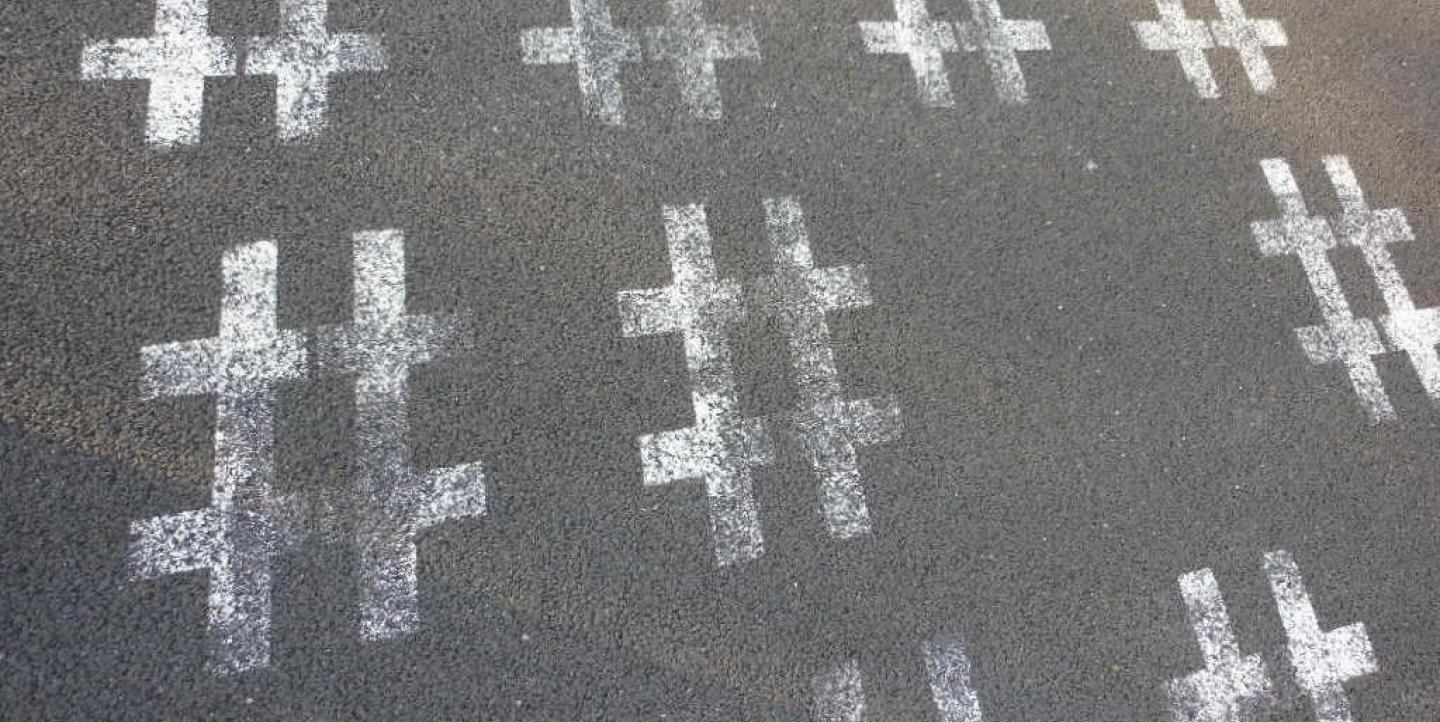Shadi Rahimi of AJ+ shares the pros and cons of hashtag use, BBC Worldwide Labs opens doors for eight media startups and more in this week's Digital Media Mash Up, produced by the Center for International Media Assistance.
We’re using hashtags less than ever. Here’s why.
I’ve noticed something over the past year: We’re using hashtags less often in tweets. By “we” I don’t just mean AJ+. I mean everyone. In recent months when I’ve checked Topsy or Twitter trends before tweeting, I’ve often seen a keyword(s) for a particular story trending higher than a hashtag.
I’ve wondered: Are hashtags growing obsolete? (Shadi Rahimi, Poynter, 6/10)
BBC Worldwide Labs adds eight digital media startups
BBC Worldwide Labs has opened its doors to the latest cohort of emerging digital media startups, which for the first time, will comprise five U.K. based companies and three U.S.
The team have once again met with a wealth of applicants to seek out an array of talented, bright young companies looking to make their mark on the media industry. Each of the chosen startups were selected due to their fit with key business areas of BBC Worldwide, and the team’s belief that they each have the capability to inspire and support the company’s ambitions to accelerate its digital capabilities. (News on News, 6/9)
We need to standardize tools for journalists — and here’s how
Over the past two days, myself and two colleagues from The Times and Sunday Times have been competing in #newsHACK, a journalism-focused event to encourage multidisciplinary collaboration to solve problems.
We built The Journalist Toolbox, a site to “give journalists easy and clear access to tools built for them.” (Chris Hutchinson, Medium, 6/4)
When it's OK to pay for a story
Journalists frown on paying sources. This decades-old principle stems from the belief that the tawdry practice corrupts the authenticity of information: If I pay you to tell me your story, you may distort its details to up the value.
So last week, WikiLeaks disturbed many journalists with an initiative to crowd-source a US$100,000 “bounty” on the text of the Trans-Pacific Partnership trade deal. (Kelly McBride, The New York Times, 6/9)
CIMA offers the Mash Up free via email. Sign up here.
Main image CC-licensed by Flickr via Michael Coghlan.


